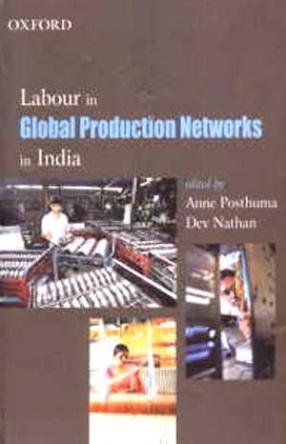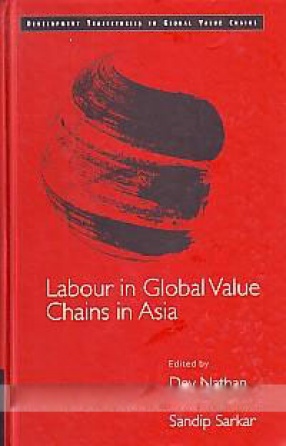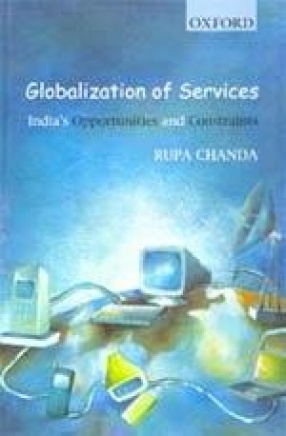This book explores the opportunities as well as challenges in securing benefits for firms and workers in global production networks. Detailed, sector-level studies spanning labour, skill, and knowledge intensive industries (such as textile and garments, leather products, agriculture, automotive components, and IT) reveal that, although globalization has generated new opportunities, the benefits and risks are spread unevenly throughout the production network.
While skilled workers and firms with productive capacities benefit and the numbers of jobs increase, workers in lower tiers of global production networks do not gain equally. Where global competition compels companies to rely upon flexible and low-cost labour, their dependence on informal work arrangements increases. As a result, a large number of firms and workers are left out of the processes of upgradation.
The book also discusses how global production networks could be harnessed to yield better quality jobs and more widely spread opportunities for firms and workers, and thereby attain more inclusive development in the global economy. It will interest scholars working on labour and employment studies, urban studies, and gender studies; economists, political scientists, sociologists, administrators, and policymakers. Industry associations, trade unions, and other civil society and international organizations will also benefit from it.








There are no reviews yet.